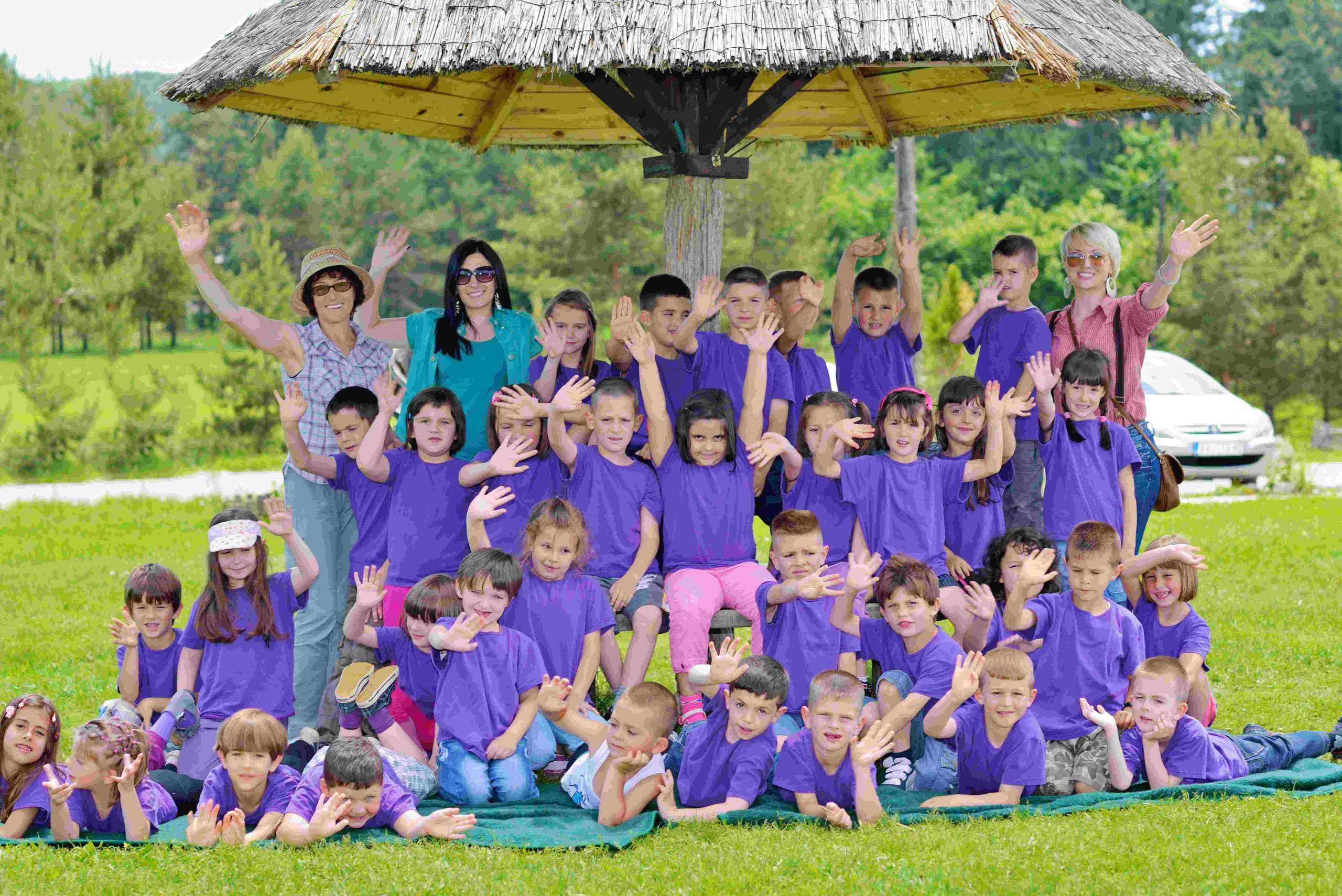
What Are the Basics of Preschool: Foundation
We will explore the basics of preschool education, including the key skills and knowledge areas that preschoolers need to develop. We will also discuss the importance of play-based learning and the role of parents and educators in supporting preschoolers’ growth and development.
Academic Skills in Preschool Education
Preschool education lays the foundation for future academic success, introducing preschoolers to key skills and knowledge areas:
Literacy: Preschoolers begin to develop literacy skills by learning the alphabet, letter sounds, and basic sight words. They also start to develop comprehension skills by listening to stories and answering questions about the text.
Numeracy: Preschoolers are introduced to basic numeracy skills, such as counting, sorting, and identifying shapes and patterns.
Science: Preschoolers learn about the world around them through exploring scientific concepts, such as cause and effect, observation, and classification.
Social Studies: Preschoolers develop an understanding of their place in the world by learning about community helpers, different cultures and traditions, and basic geography.
Social and Emotional Development in Preschool Education
In addition to academic skills, preschool education also focuses on social and emotional development:
Executive function: Preschoolers learn to regulate their behavior, control their impulses, and manage their attention.
Play-based learning: Preschoolers learn through play-based activities that encourage exploration, creativity, and problem-solving.
The Role of Play-Based Learning in Preschool Education
Play-based learning is crucial in preschool education:Exploration: Play-based learning allows preschoolers to explore and experiment with the world around them, fostering curiosity and creativity.
Problem-solving: Play-based activities encourage preschoolers to solve problems and find solutions, developing critical thinking and decision-making skills.
The Importance of Parental Involvement in Preschool Education
Parents play a crucial role in supporting their preschoolers’ education:Home-based learning: Parents can reinforce academic skills through home-based learning activities such as reading books, playing educational games, and exploring the world together.
Communication with educators: Parents can communicate with preschool educators to better understand their preschooler’s progress and identify areas for improvement.
How Parents Can Support Preschool Education
Parents can support their child’s preschool education by:Reading with your child: Reading a variety of books together supports early literacy development.
Encouraging play: Play fosters creativity, imagination, and social skills.
Providing hands-on learning experiences: Hands-on activities promote a love of learning and exploration.
Modeling healthy habits: Demonstrating healthy habits encourages lifelong wellness.
Communicating with your child’s teacher: Regular communication helps parents stay informed about their child’s progress.
By working together, parents and educators can ensure that preschoolers receive the support and education they need to thrive and grow.


